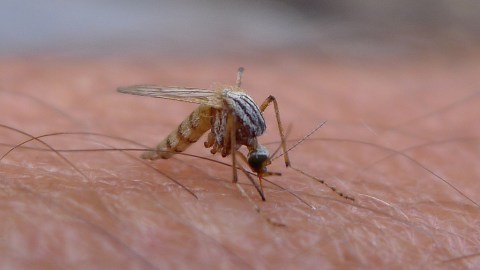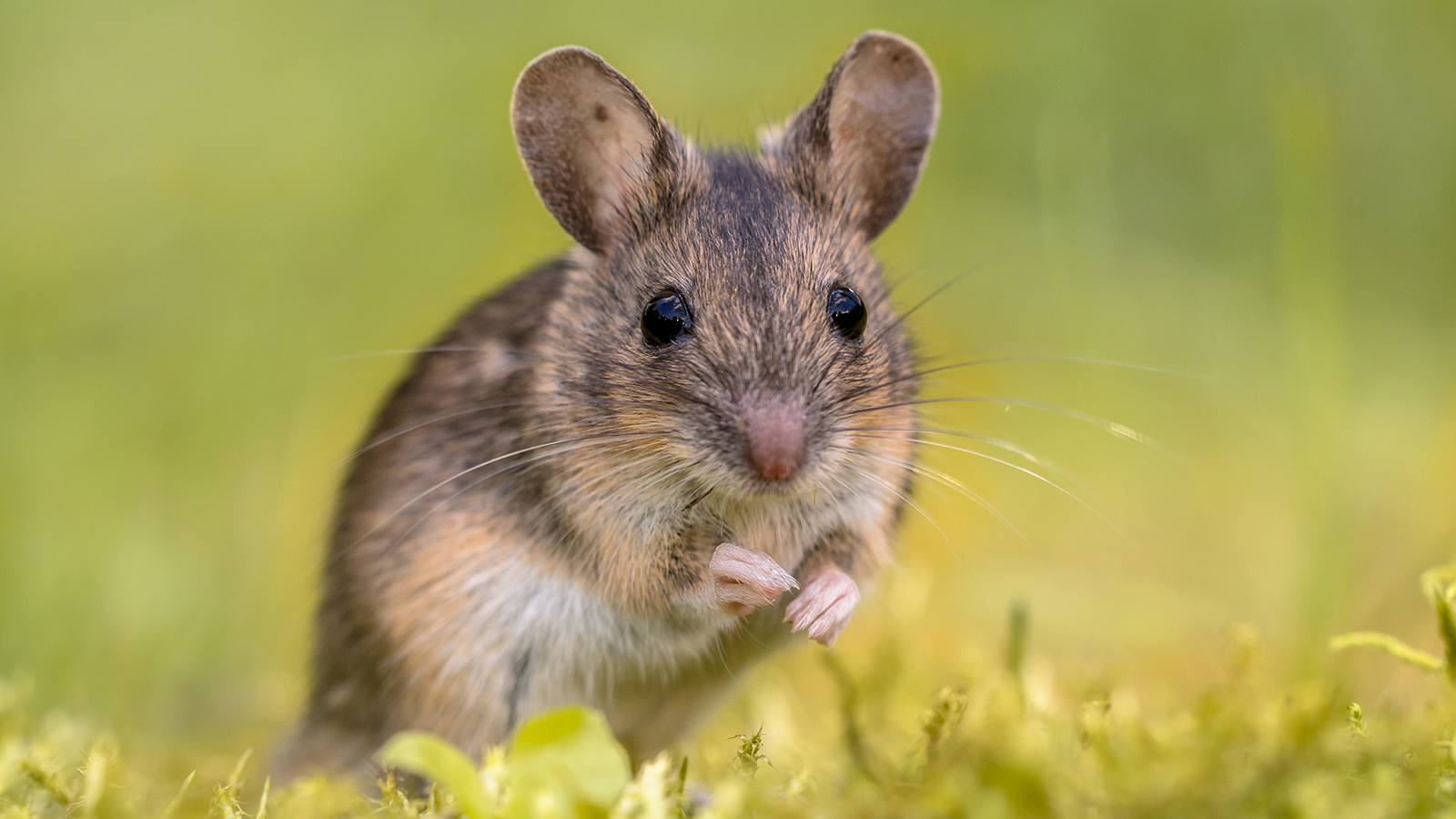CRISPR modified mosquitoes don’t transmit malaria to humans

CRISPR modified mosquitos have been found to have a much lower chance of transmitting malaria to humans. But the trade-off is that these mosquitos are, to put it colloquially, super lazy for at least a generation compared to regular (non-modified) mosquitos. From the study itself:
FREP1 knockout mutants showed a profound suppression of infection with both human and rodent malaria parasites, while it also resulted in fitness costs: a significantly lower blood-feeding propensity, fecundity and egg hatching rate, and a retarded larval development and pupation time, and reduced longevity after a blood meal.
Simple rules of genetics will tell you that these CRISPR mosquitos need to breed more than their regular counterparts, so what is required is a gene drive. A gene drive is, in essence, forcing DNA to inherit particular sets of genes. This is doable with CRISPR.
At risk of coming across like a real-life-honest-to-god science reporter, I’m going to readily admit that I found the most fascinating information regarding the modification on none other than Reddit. Reddit user Drachfly breaks it down like this:
A population in equilibrium will have 1 child that reproduces per parent. If you have 500 children per parent (1000 per pair of parents) and your population isn’t exploding, then 499 (998 per pair) of them are dying without having children.
So if your weird variant gene-driven mosquito is 50x less likely to reproduce, they’re having on average 10 kids per parent, of which 1/500 survive, or roughly 1/50 of a kid. Double that since the gene drive means you get to claim all of them by gene driving, not just your usual half… and you’re still at 1/25 of a kid per gene-driven parent.
If I get it right, it looks like you can cut the fitness down to anything above 0.5 and it’ll exponentially grow across the population. Anything less and you’re too uncompetitive to make up for the gene-driving.
Make sense? Think of it this way: there needs to be an aggressive push by scientists in order to affect the larger popular of mosquitos. Since the CRISPR mosquitos are “lazy” there won’t be as much breeding, and since there won’t be as much breeding, there’s a greater need to push CRISPR modified mosquitos into the general public of mosquitos.
Having said that, mosquitos only live for 10 days (male) to 60 days (female). Meaning that if scientists pushed at this for a couple of years, there’s a good chance that in 10-15 human years these CRISPR modified mosquitos could affect worldwide populations and cut down malaria rates exponentially.





